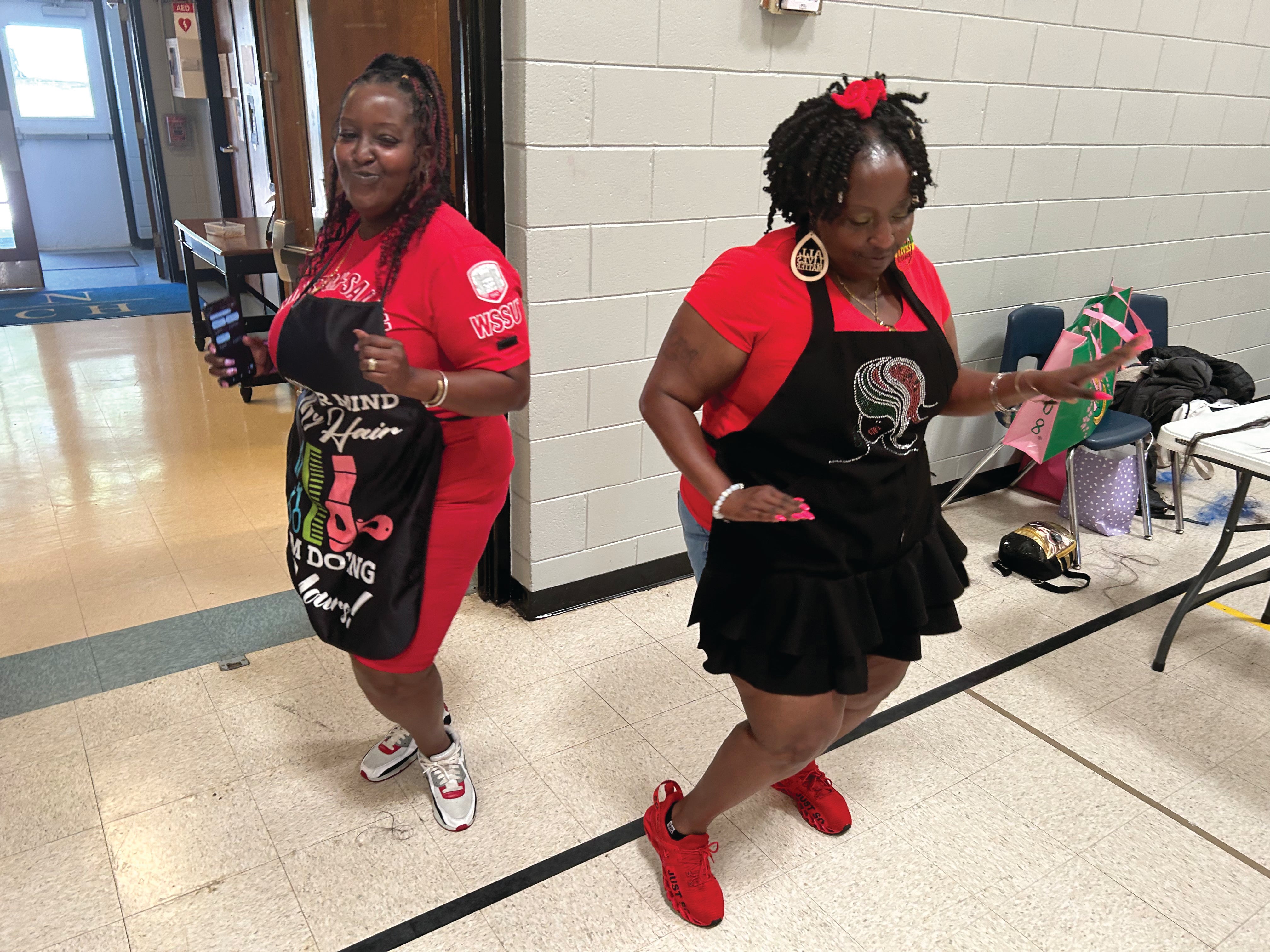Back to School 2017: college advice column
Published 12:00 am Friday, August 11, 2017
By Savannah Morgan
intern@salisburypost.com
When I began my studies at the University of North Carolina at Chapel Hill two years ago, I didn’t know where the journey would take me. I remember my first day of classes very well because I was so nervous. Going from high school classes with no more than 20 classmates per class to university classes with 300 or more other students intimidated me.
I worried about everything from finding a good seat to worrying that the professor might call on me. Two years and 23 classes later, I enter each class with excitement rather than nervousness, and I have found that I often enjoy larger classes more than small ones, as the lecture-style lessons cater to my learning style more than the discussion-based smaller classes.
Although I managed to quickly adjust to the vast differences between rural West Rowan High School and the entirely different world that is UNC, there are a few pieces of advice that might have helped the transition to occur more quickly. So here are my top tips for success in the world of undergraduate academia.
Don’t be afraid to ask for help. Although it can seem intimidating, always go to office hours, student tutoring or ask a classmate for help the moment you fear you may be struggling. It’s much better to nip the problem in the bud before it gets worse than to try to nurse yourself along for the rest of the semester.
Professors or teaching assistants are usually very willing to answer questions, review past quizzes and tests with you, explain grades, etc. I especially recommend visiting professors when a paper is assigned — even if you feel confident about the assignment. Not only can professors offer advice in helping you construct an outline or thesis for your paper, but sometimes they are even willing to review a rough draft and suggest improvements.
Talk to your professors. Going to office hours doesn’t always have to be to ask for help. Professors love having intelligent conversations about the literature being discussed in class or the new theory you are learning. Even just introducing yourself can help the professor to recognize you and get to know you, and if the professor knows you, he or she will be more willing to offer help, should a situation arise. Developing a mentor-student relationship with professors can also help you down the road in your college career, as they can recommend other classes and professors.
Take classes that interest you. Taking varying college classes is a great way to explore areas of study, future careers or even just hobbies. I recommend taking advantage of any first-year courses that may be offered. I took a first-year communications seminar on surveillance in society, and it was one of the most rewarding classes I have taken so far.
Taking a language course is a good idea, too. Being able to speak a second language is a great skill to have, so take advantage of the courses offered at your school.
Talk out issues with your roommate as soon as possible. If you are having complications with your roommate, it’s easier to solve a small issue early on than to let something that could have been handled grow into something big that may not be as easy to fix.
Have the RA come in to mediate if necessary — that’s what he or she is there for. Most importantly, don’t let someone continue with habits that invade your space or make you uncomfortable. You have the right to a calm living space that is comfortable for you. Oftentimes just talking to the other person will do the trick, but they don’t know you are having trouble with something they are or aren’t doing unless you (kindly) tell them.
Be kind. Be kind to other students, to professors, to T.A.s, to the dining hall staff, to the janitors, to everyone. A little kindness always goes a long way. Smiling at another student you meet in the bathroom as you prepare to brush your teeth can be the beginning of a good conversation, a great friendship or a new study partnership.
Saying please and thank you to or striking up a conversation with the dining hall staff may be a small thing, but it can earn you a lot of extra fried okra or pasta. But don’t just be kind because you expect something in return. Be kind because you never know what kind of day someone might be having, and something as simple as a compliment or a smile could turn that around for them.
Don’t expect everything to be perfect — struggling academically, socially or even with navigating the campus is natural. College might let you down once in a while, but there is always a solution. The key to success in college isn’t expecting everything to always go your way; it’s being proactive and finding a solution when things don’t.
I could spend hours listing tips that I think contribute to success in college, but ultimately, each student is different, and many things must be learned on one’s own. Be sure to venture out of your comfort zone, take advantage of clubs, events and various opportunities offered, study hard and, most importantly, enjoy each day because time truly does fly by.



